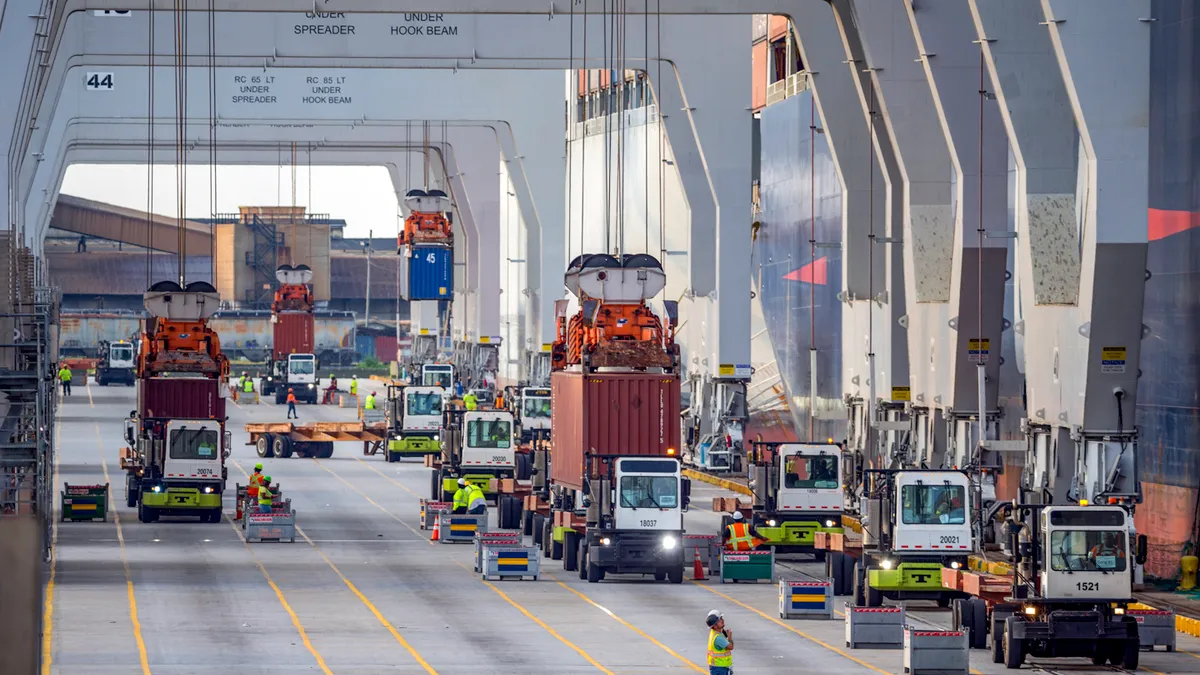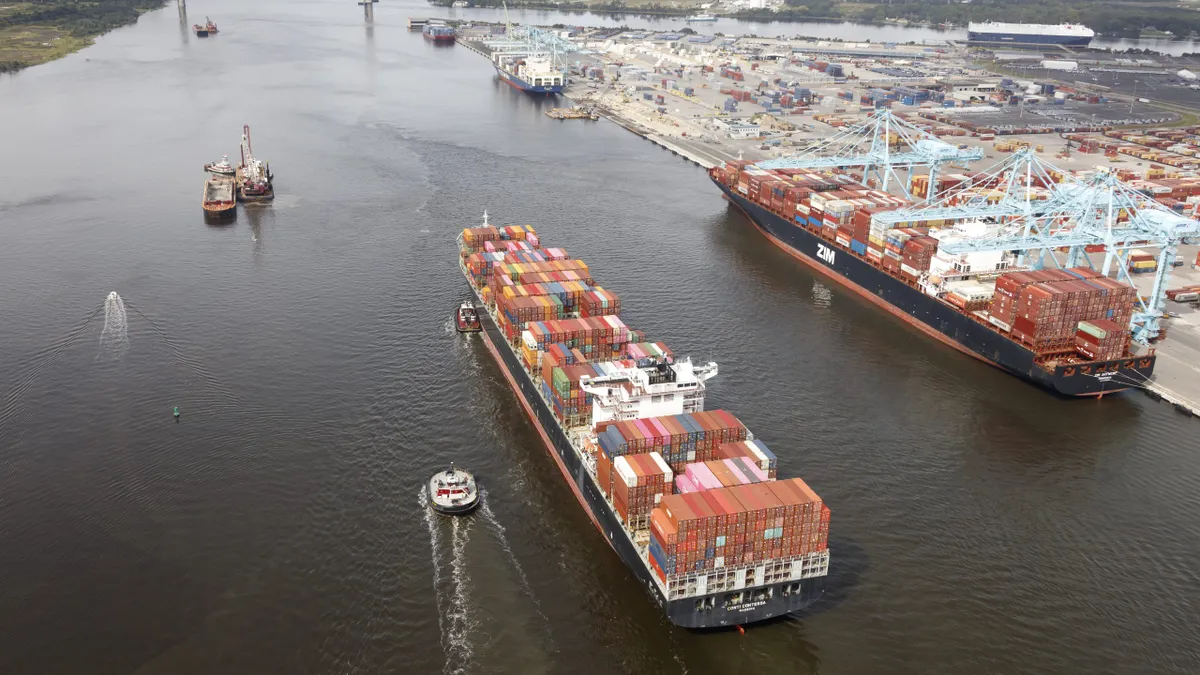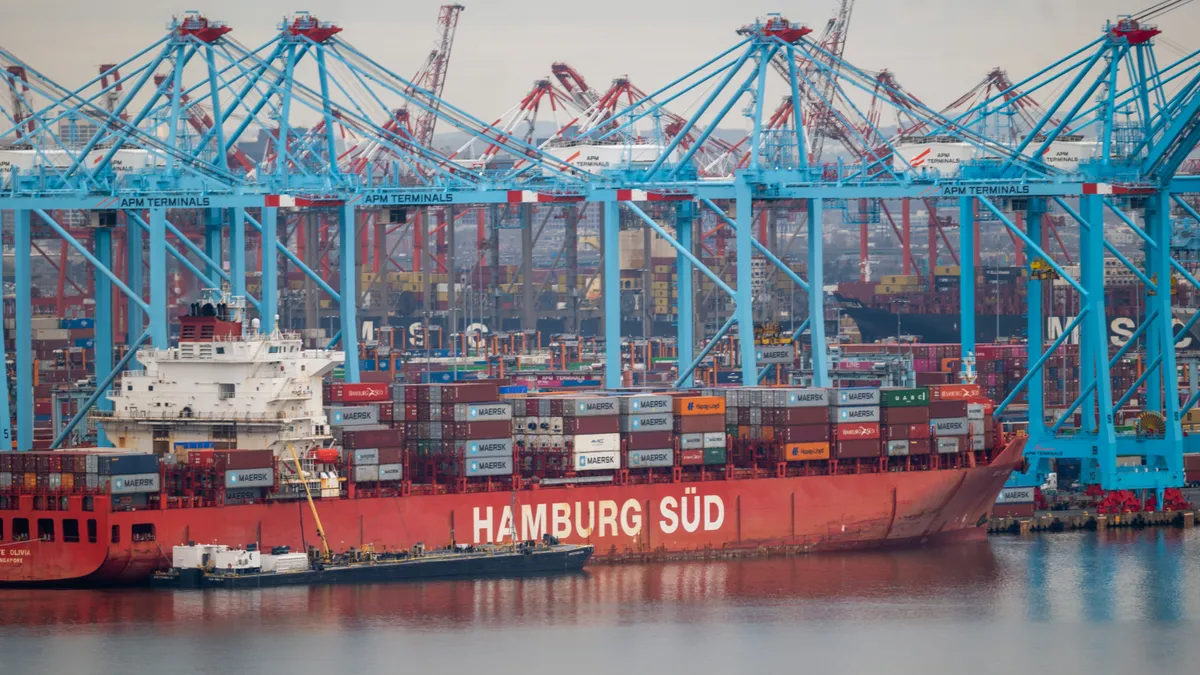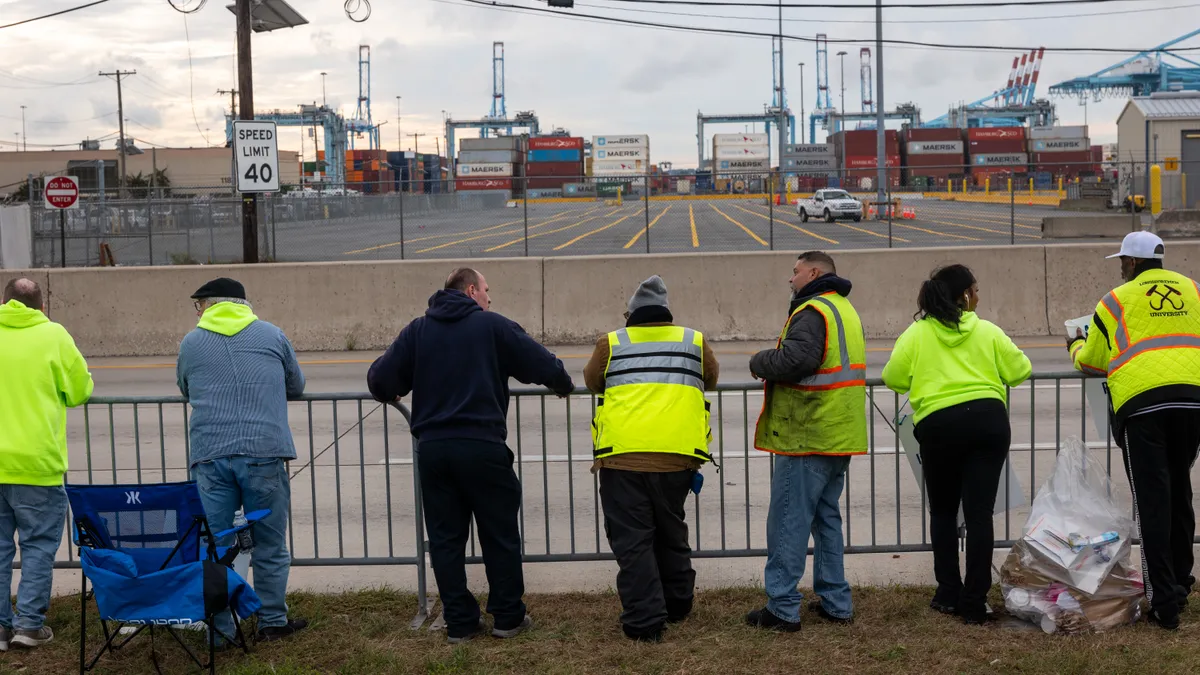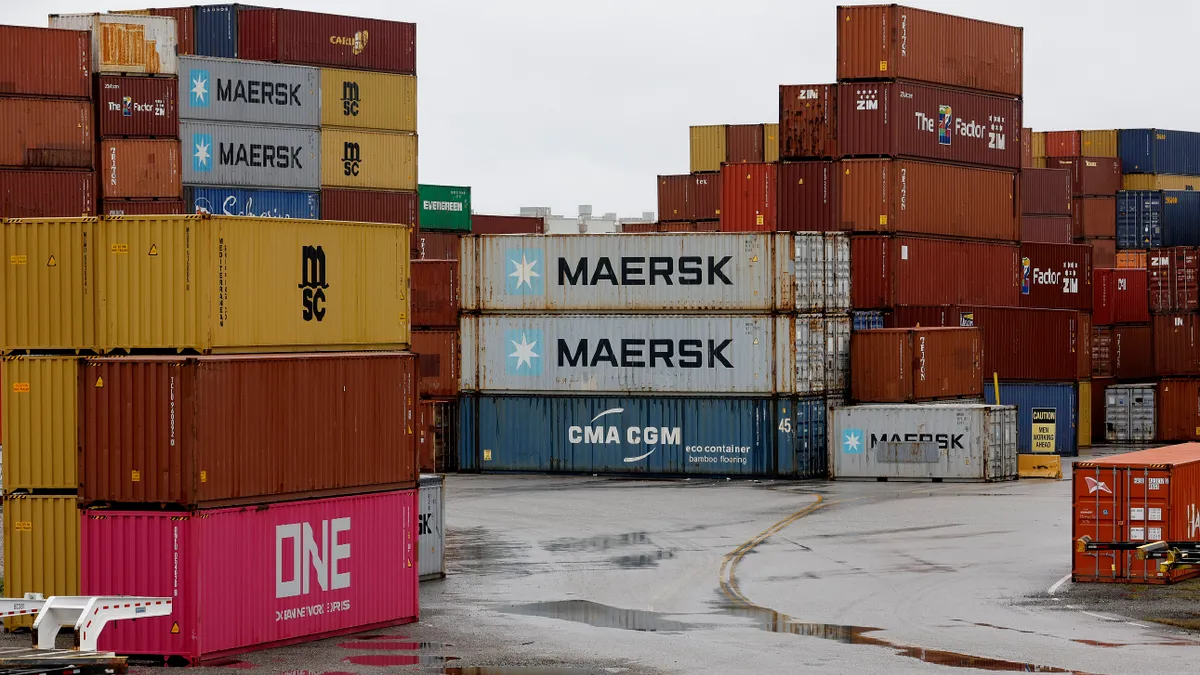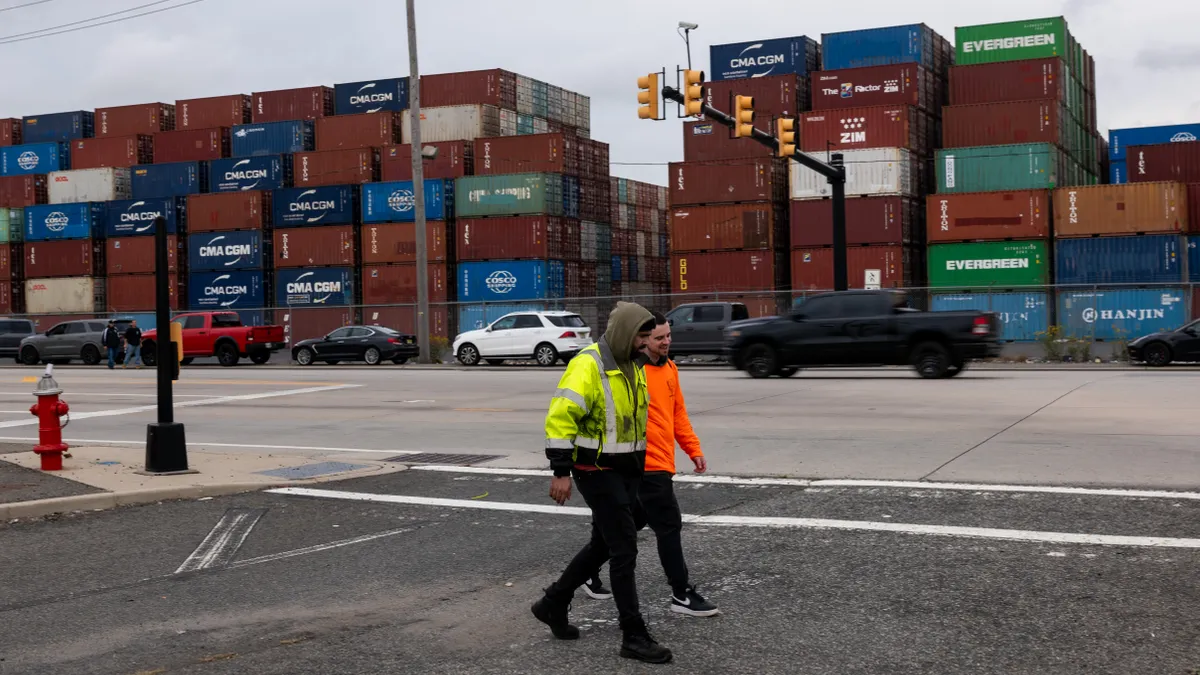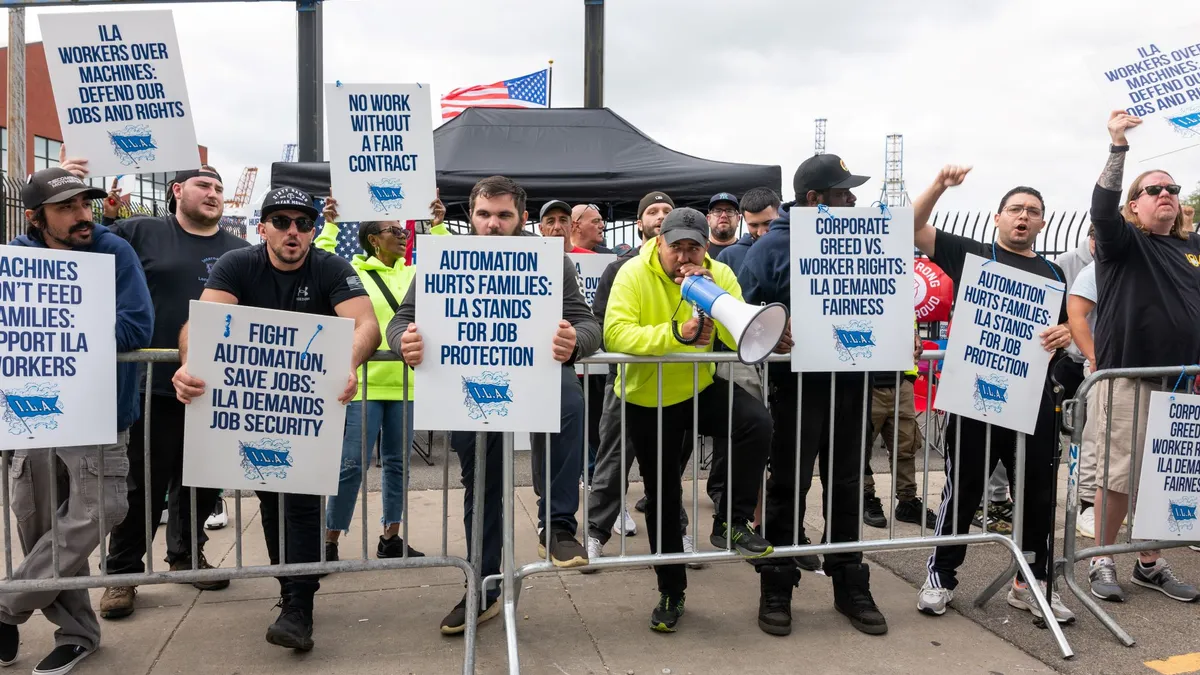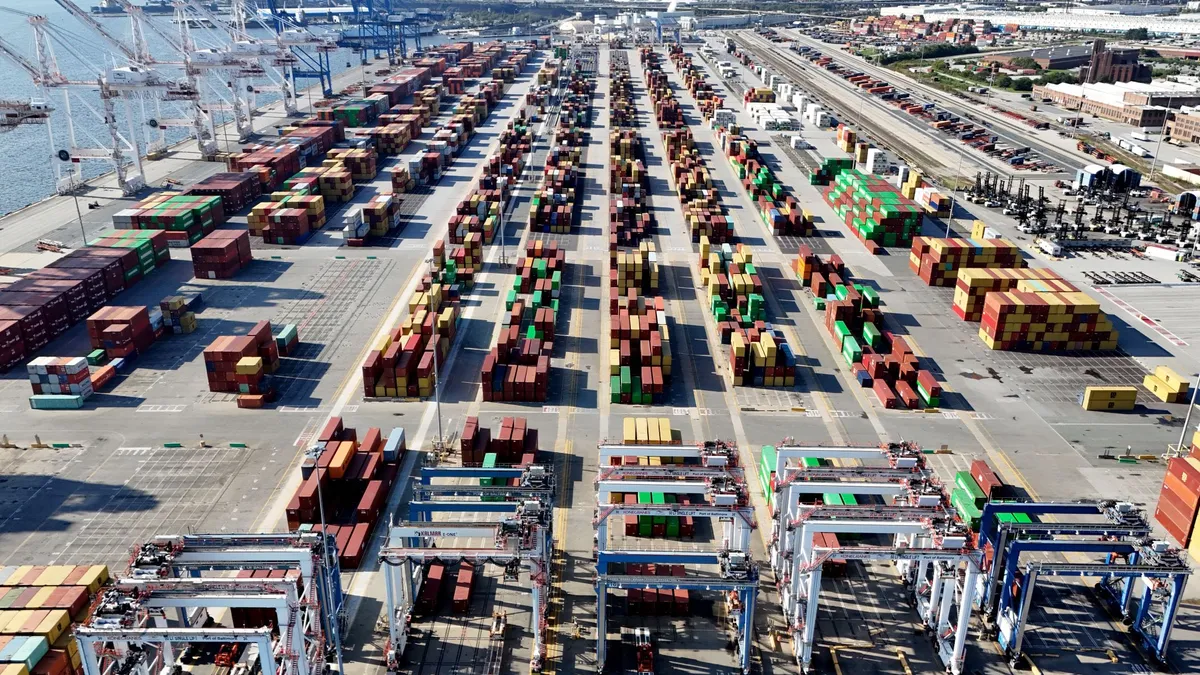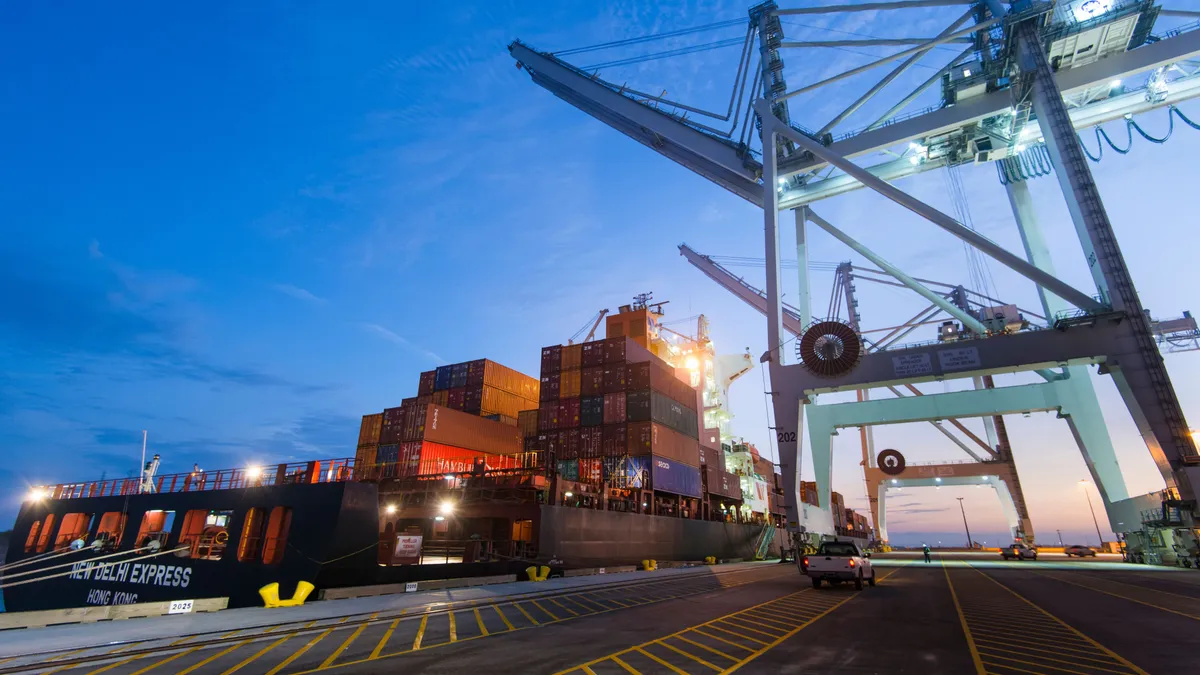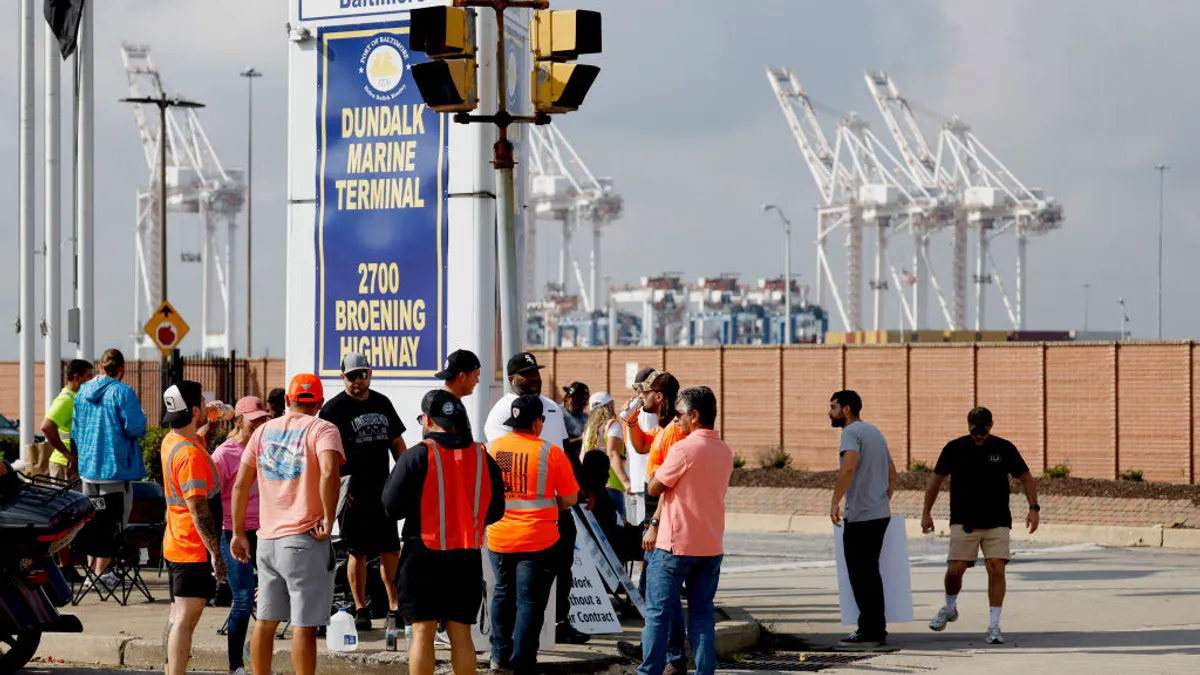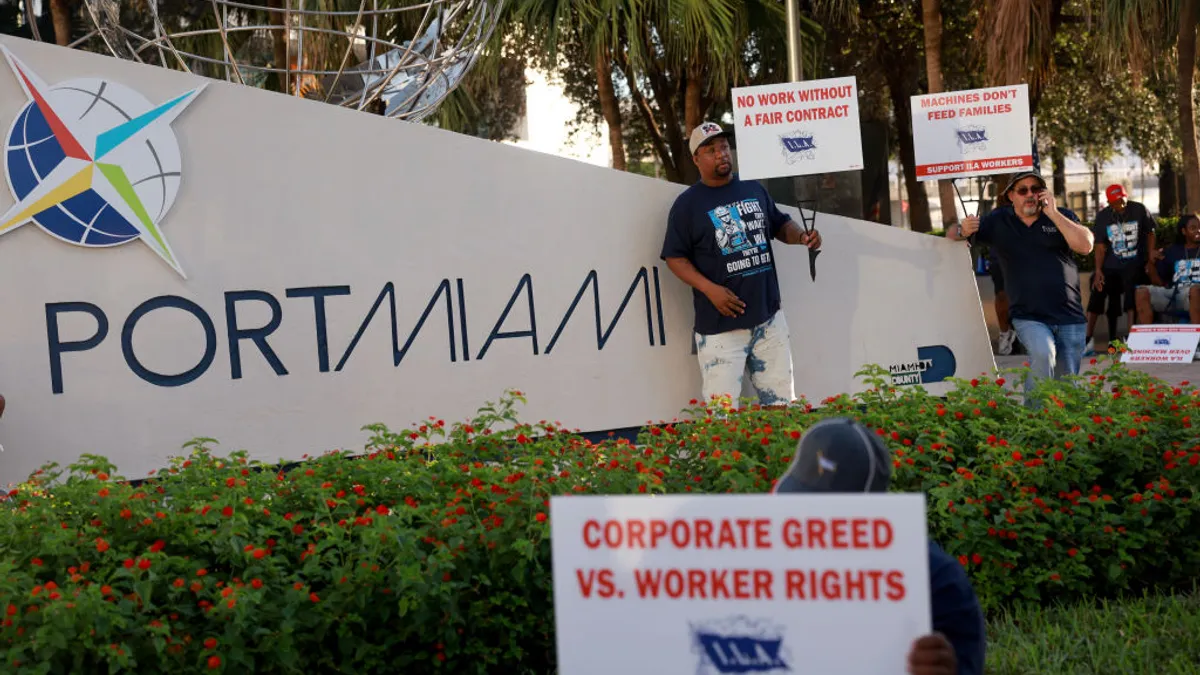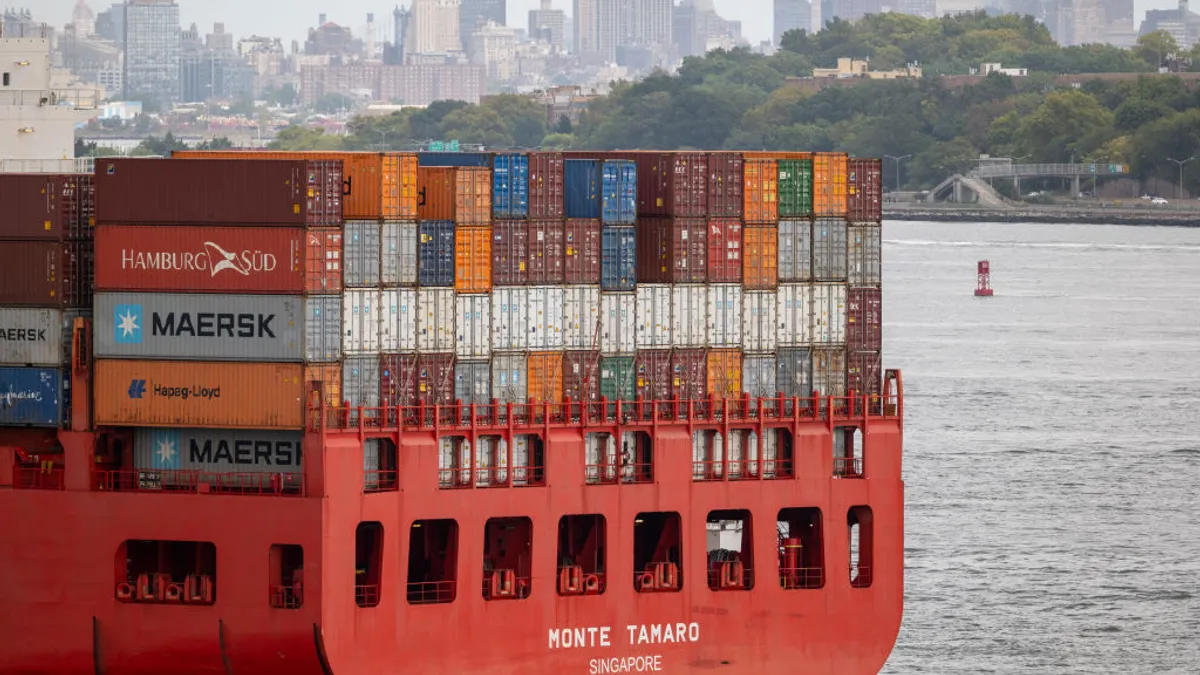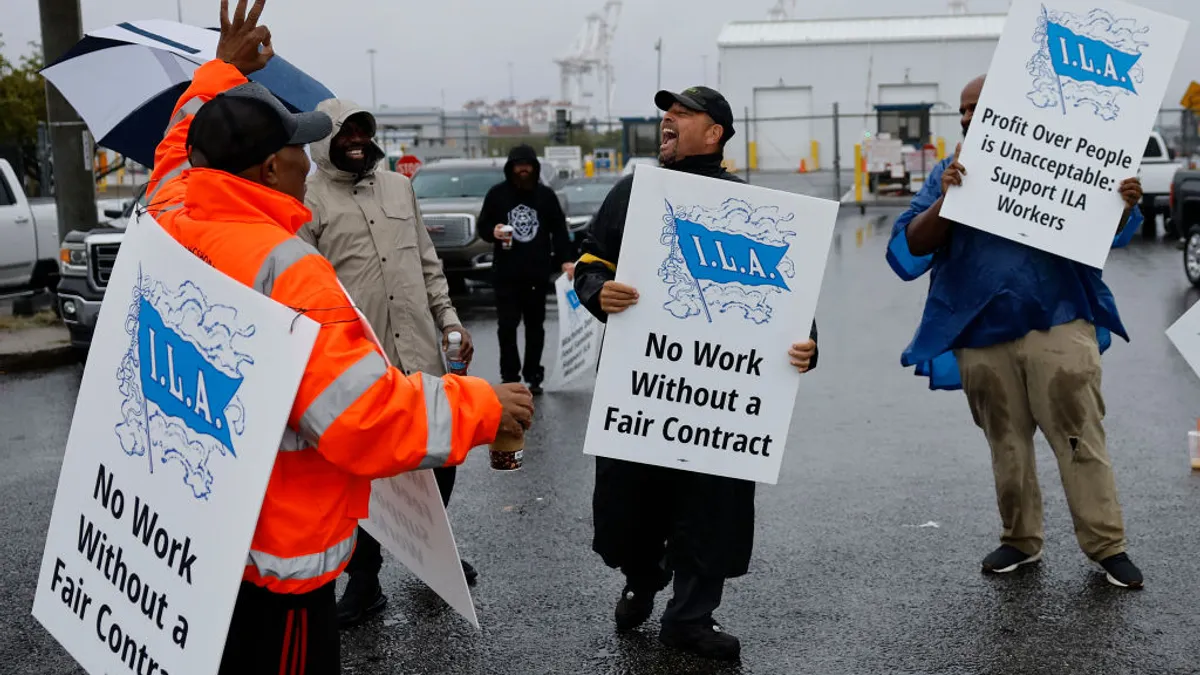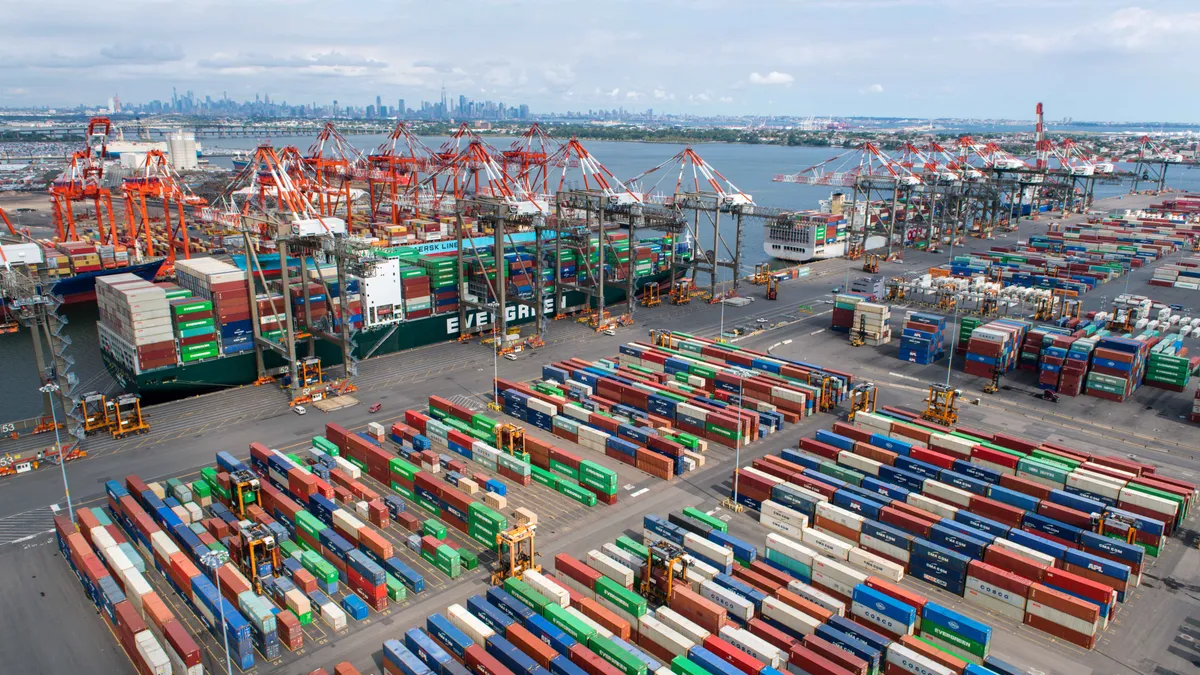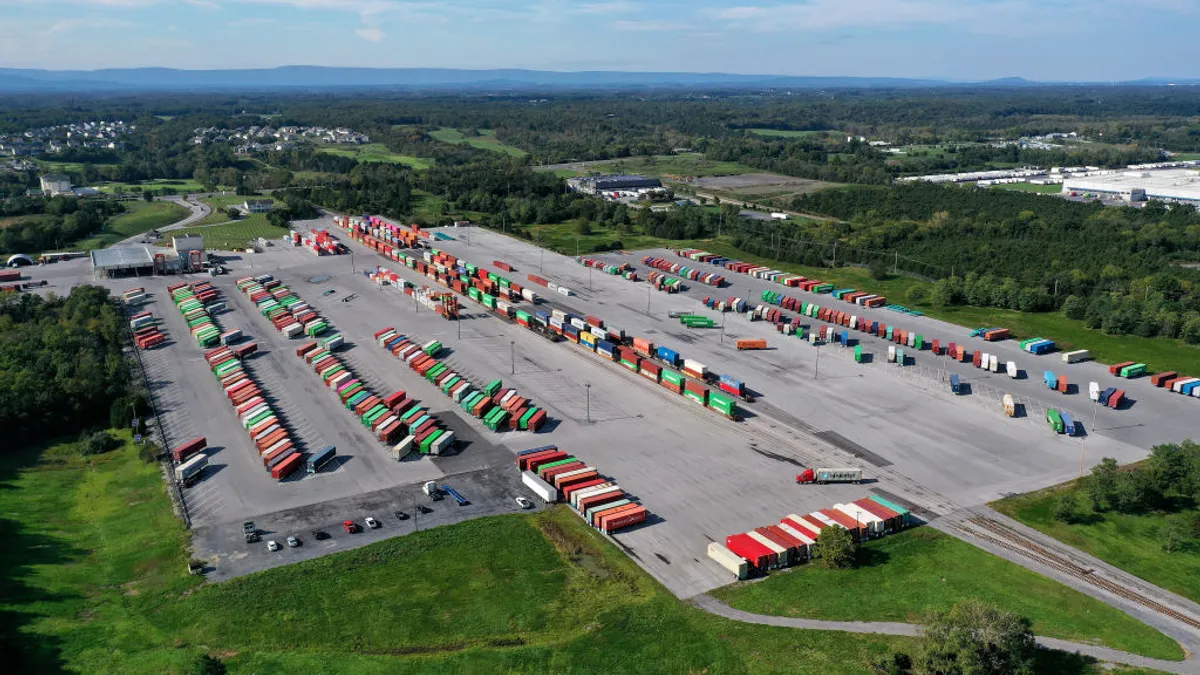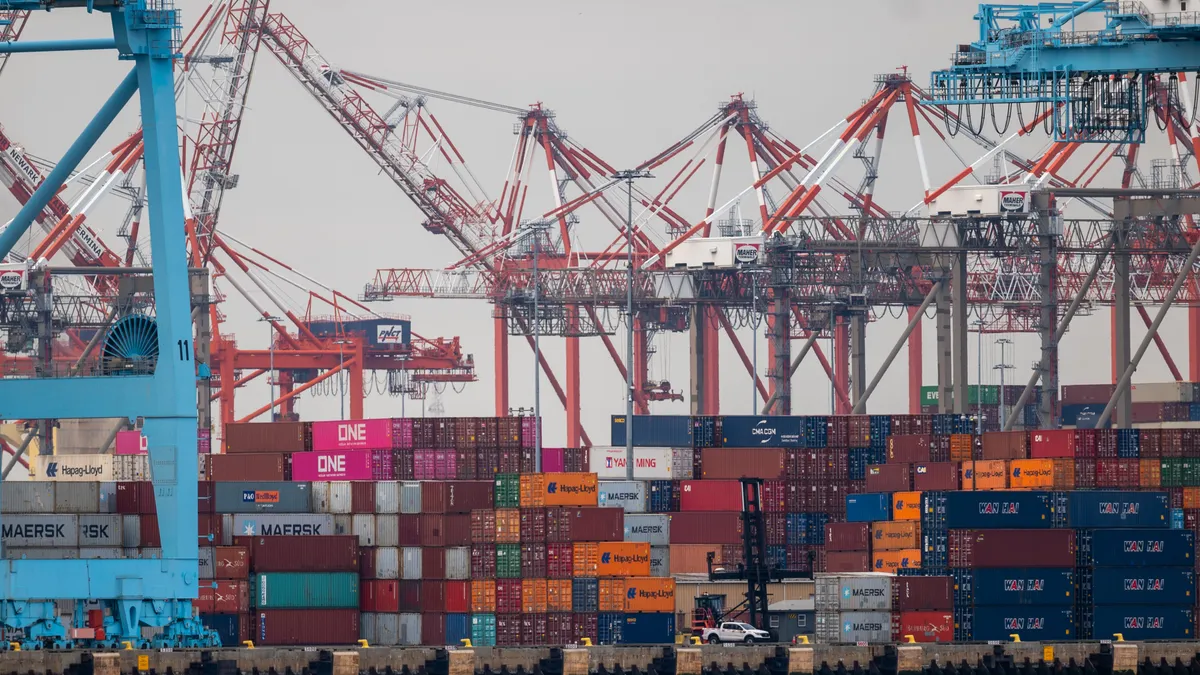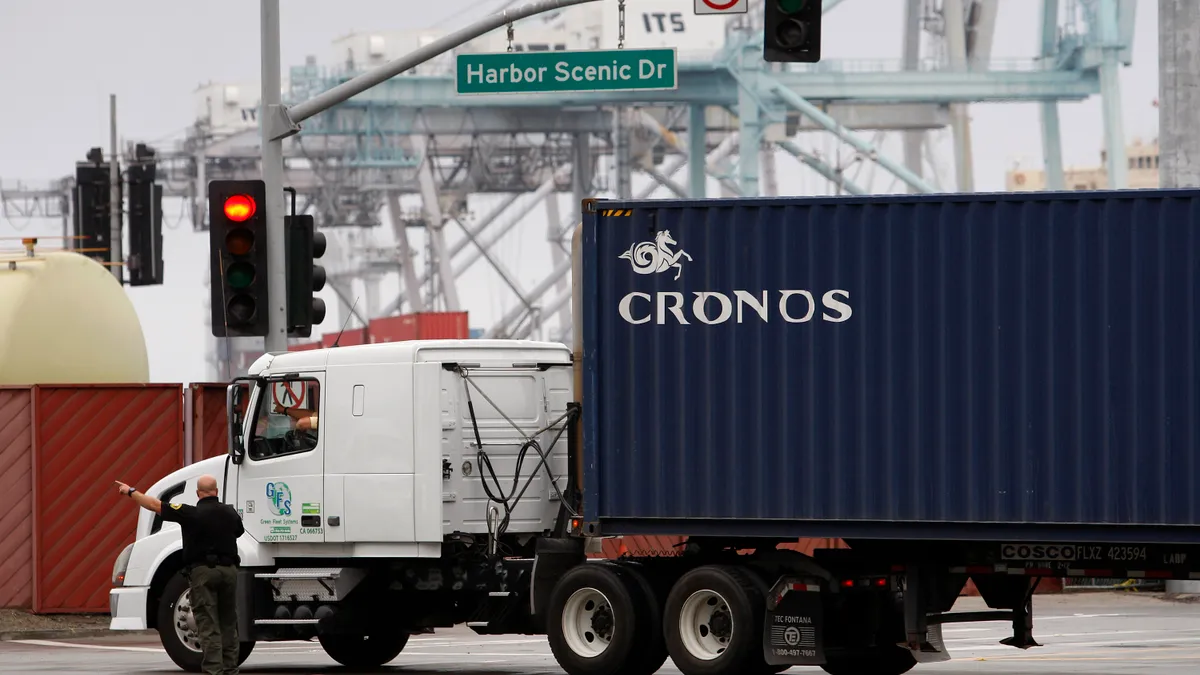The International Longshoremen’s Association and the United States Maritime Alliance were unable to make progress on a range of issues in their master contract, the USMX said in a Nov. 13 statement.
The parties met this week to resume negotiations after the October strike that took place at East Coast ports. With two months left to go, a new contract must be agreed on by the new Jan. 15 deadline.
Automation continues to be the main concern between the two parties. The ILA said negotiations broke down yesterday when USMX introduced in an intent to implement semi-automation.
The union said this is “a direct contradiction to their opening statement where they assured us that neither full nor semi-automation would be on the table,” according to a Wednesday Facebook post.
The ILA said it supports automation will that improve safety and efficiency, but only when a human being remains at the helm. The USMX said they are not seeking technology that would eliminate jobs, but increase protection and capacity.
The USMX said the ILA’s agreement would move the industry backwards, restricting future use of technology that has existed in some ports for nearly two decades. Without an agreement on automation, it makes it impossible to evolve to meet the nation’s future supply chain demands, the port employer representative said.
Trade groups are already starting to voice their opinion on the recent development, including the American Apparel & Footwear Association.
“We are very disappointed to see that the International Longshoremen's Association (ILA) has walked away from negotiations for the East and Gulf Coast port contract, again,” according to a LinkedIn post shared Wednesday. The AAFA said there were delays and backlogs that lasted weeks after negotiations broke down in October, impacting jobs and global transportation networks.









